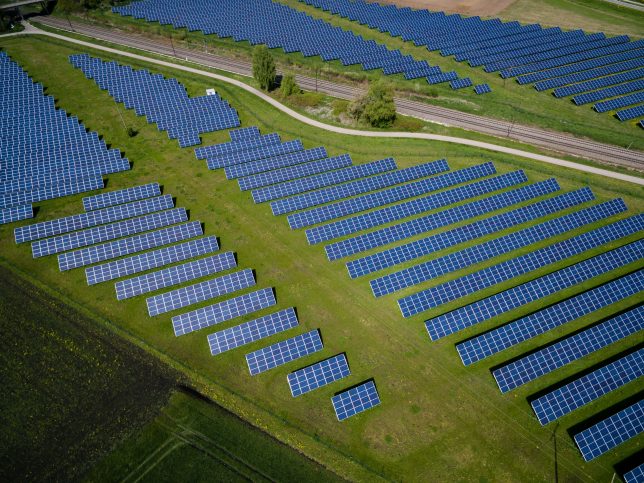Reducing air pollution from fossil fuels could save more than a million U.S. lives over the next 20 years.

A transition from fossil fuels to clean, renewable energy is essential for reducing global warming. And it rapidly improves public health.
“Within the moment, essentially, we act, within that same year, we start to see cleaner air,” says Drew Shindell, a distinguished professor of Earth sciences at Duke University.
He says that burning fossil fuels produces both climate-warming gases and tiny particles that are harmful to breathe.
“They can get down into the tiny little blood vessels that line the lung wall, and therefore get deep into the body and cause respiratory and cardiovascular illness,” Shindell says.
So he says reducing the use of fossil fuels is not only important to the long-term health of the planet. It can also save people’s lives in the near-term.
In a recent study, his team found that by cutting carbon pollution in line with the goals of the Paris climate agreement, the U.S. alone could avoid more than a million premature deaths over the next 20 years.
Shindell says he hopes the research will help people understand that switching to clean, renewable energy is not only an investment in the long-term future of the planet but in people’s health today.
